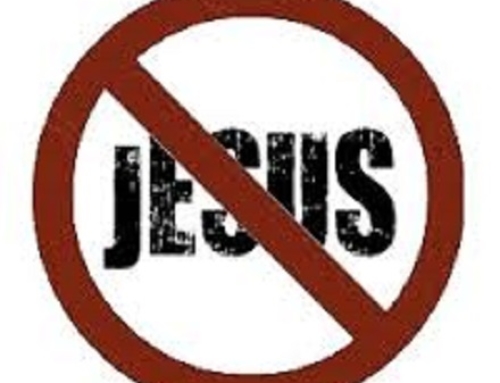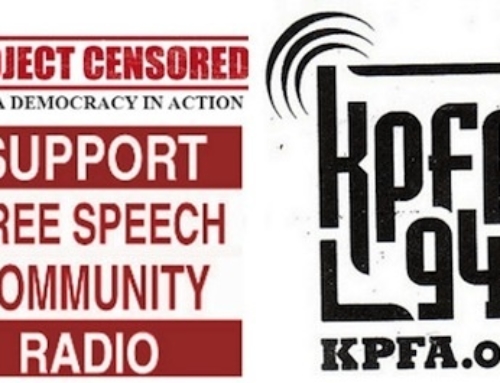Catholic League president Bill Donohue comments on President Trump’s executive order on religious liberty, scheduled for release May 4:
If the final version of the executive order on religious liberty is anything like the draft that was leaked a few weeks into President Trump’s term, there will be much to celebrate. Foes of religious liberty—gay rights activists and secular militants—are attempting to frame this vital First Amendment right as a legal excuse to discriminate. They are distorting the issue.
The Advocate, a radical gay publication, claims the executive order would allow “a broad license to discriminate against LGBT people and others.” The left-wing website, the Daily Kos, refers to it as an “anti-LGBTQ ‘religious liberty’ order.” The ACLU, a determined enemy of religious liberty, declares it will file a lawsuit before the ink is dry.
The Center for Inquiry, a militant secularist organization, ratchets up the threats by arguing the order is “really about discriminating against LGBTQ folks and controlling the bodies of women.” Americans United for Separation of Church and State, which is rooted in anti-Catholicism, screams that this statement “could be the most sweeping attack on LGBTQ and women’s rights in the name of religion that we have ever seen.” Atheist Hemant Mehta frets it will allow “faith-based discrimination in public places.”
If they were all merely crazy, they could be dismissed. But they carry clout in the culture, and deserve a rejoinder.
The primary purpose of the executive order is to secure for religious organizations the kinds of exemptions from law and public policy that have traditionally been afforded, but are now under attack, thereby protecting conscience rights. That’s it.
There are always instances when two rights conflict: a reporter’s First Amendment right to cover a trial may conflict with the defendant’s Fourth Amendment right to a fair trial. How do we reconcile these competing rights? We can’t, not completely. It is part of American jurisprudence that we protect the rights of the accused by disallowing television coverage in some courtrooms.
Does this mean we discriminate against reporters? Technically speaking, the effect of the courtroom ban is to discriminate against them. But would it be fair to say that the purpose of the prohibition is to discriminate against reporters? Would it not be more fair to say that it is done to protect the rights of the accused?
Similarly, when a Catholic social service agency does not allow children to be adopted by two homosexual men, the effect of this ruling, technically speaking, is to discriminate against the gay men. But would it be fair to conclude that the purpose of this policy is to discriminate against gays? Would it not be more fair to say that it is done to protect the religious liberty interests of the Catholic organization?
When rights compete, compromises often appear elusive. Choices must be made. When it comes to guaranteeing the First Amendment right to religious liberty, there should be a presumptive right to honor it. That is what President Trump is seeking to do, and we pray he has not backed off from his pledge.







